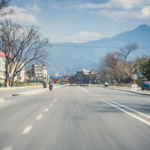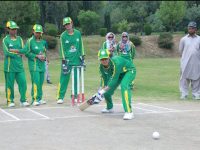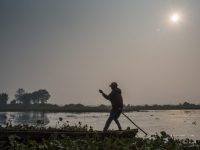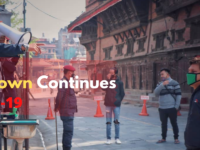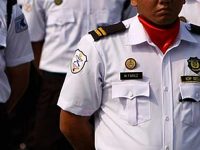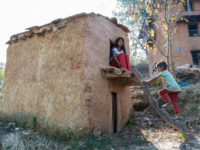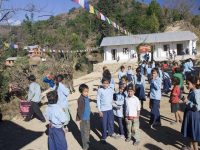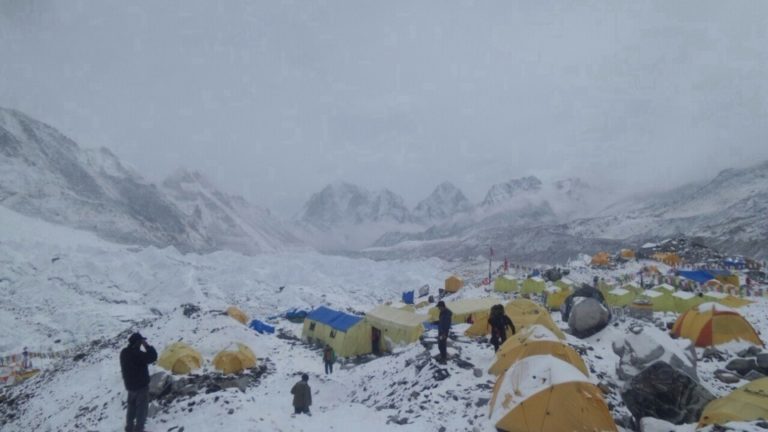The world’s highest mountain has seen its first case of COVID-19, an event which poses even more danger as some symptoms can be mistaken for altitude sickness (HAPE). On April 23, 2021, AP News reported that a determined climber from Norway was urgently flown out to a Nepalese hospital in Kathmandu after being thought to be experiencing HAPE, though tested positive for the novel virus upon arrival. If an outbreak follows, the second half of the climbing season could come to a firm halt. In response, the rest of the Norwegian climber’s team quarantined at Base Camp.
The patient, Erlend Ness, discussed his positive test result with AFP via Facebook Messenger on April 15. He’s since received a negative test and is bunking with a nearby Nepalese family.
AP News also accounted how expert mountain guides and rescue volunteers who help climbers with altitude sickness have reported the disastrous consequences of a base camp outbreak. It is only one case, though COVID-19 has proved its contagious capacity. Additionally, this “diagnosis dilemma” between HAPE and COVID-19 could pose further confusion. The mutual symptoms are coughing, shortness of breath, and loss of appetite. The two illnesses cannot be discerned from each other at Base Camp, as there are no testing capabilities available.
This event could potentially cancel the plans of Everest climbers and hurt Sherpas in the form of lost wages, posing collateral damage alongside the health dangers of COVID-19.
However, climbing teams are not letting a single COVID-19 case slow their hopes, as the camp size reportedly matches that of the 2019 season. This is due to mask and social distancing policies in place at Base Camp and the requirement of a negative test after landing in Nepal, according to AP News. Climbers seem to be following the rules, though the quarantine period in Nepal isn’t government-enforced, meaning some expedition groups are likely to cut some corners.
Climbers and officials alike are optimistic that the climbing season will continue. Nepalese mountaineering officials are skeptical of any potential cases on Everest, and the Department of Mountaineering has only reported cases of pneumonia and HAPE. It should soon be made clear whether those diagnoses are accurate or otherwise reflective of COVID-19.


